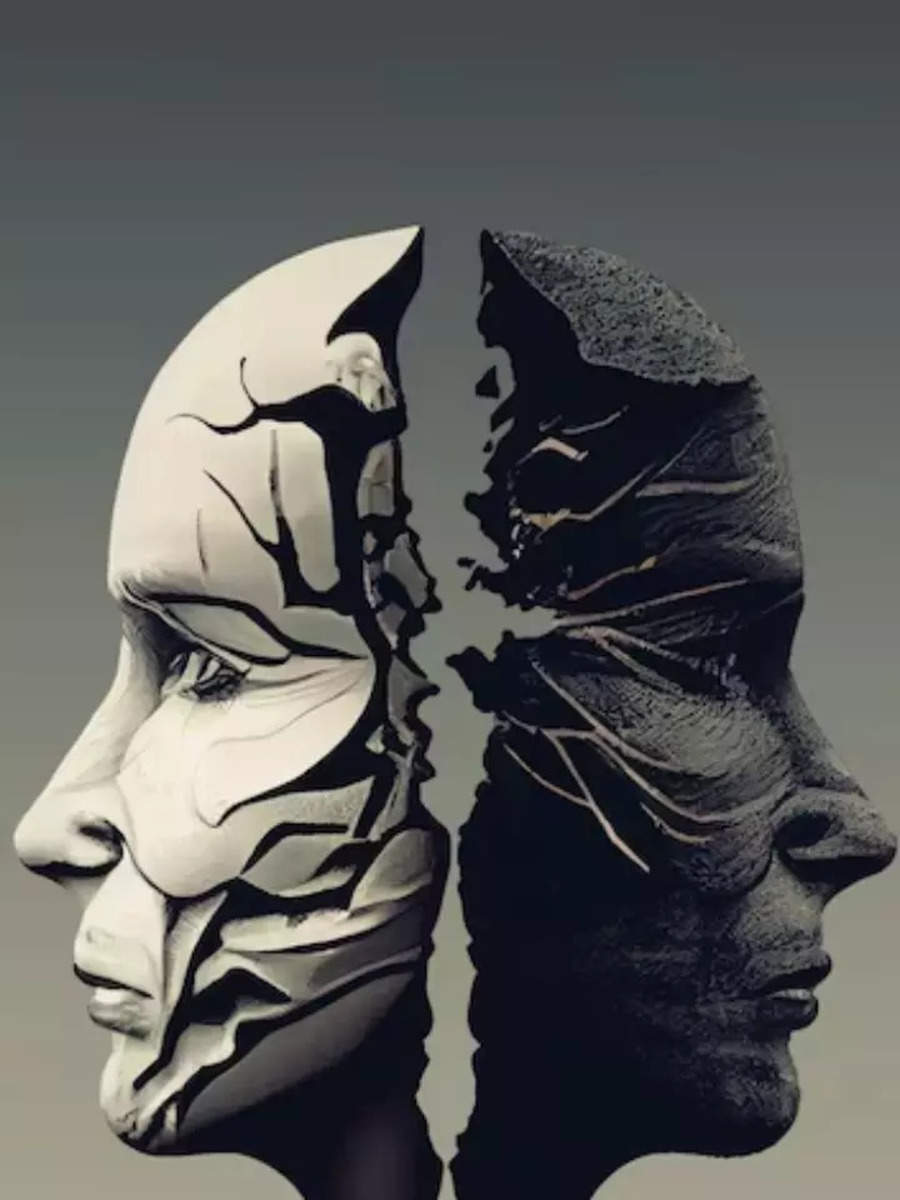The Psychology of Home Decor: How Your Space Affects Your Mind
The way we decorate our homes is a reflection of our personalities, values, and lifestyles. But did you know that your home decor can also have a profound impact on your mental health and well-being? From the colors on your walls to the furniture in your living room, every element of your home decor can influence your mood, energy levels, and even your relationships.
The Power of Color
Colors can have a profound impact on our emotions and mood. Warm colors like orange, red, and yellow can stimulate energy and creativity, while cool colors like blue, green, and purple can promote relaxation and calmness. By choosing the right colors for your home decor, you can create a space that supports your mental health and well-being.
The Importance of Lighting
Lighting can also play a significant role in shaping our mood and emotions. Natural light, in particular, can boost our energy levels, improve our mood, and even regulate our circadian rhythms. By incorporating natural light into your home decor, you can create a space that feels uplifting, inspiring, and supportive of your mental health.
The Impact of Clutter
Clutter can have a profound impact on our mental health and well-being. A cluttered space can feel overwhelming, stressful, and even depressing. By decluttering your space and creating a sense of order and organization, you can reduce stress, improve your focus, and even boost your mood.
Conclusion
Your home decor is more than just a reflection of your personal style – it's also a powerful tool for supporting your mental health and well-being. By choosing the right colors, lighting, and layout for your space, you can create a home that feels uplifting, inspiring, and supportive of your mental health.
#dandironThe Psychology of Home Decor: How Your Space Affects Your Mind
The way we decorate our homes is a reflection of our personalities, values, and lifestyles. But did you know that your home decor can also have a profound impact on your mental health and well-being? From the colors on your walls to the furniture in your living room, every element of your home decor can influence your mood, energy levels, and even your relationships.
The Power of Color
Colors can have a profound impact on our emotions and mood. Warm colors like orange, red, and yellow can stimulate energy and creativity, while cool colors like blue, green, and purple can promote relaxation and calmness. By choosing the right colors for your home decor, you can create a space that supports your mental health and well-being.
The Importance of Lighting
Lighting can also play a significant role in shaping our mood and emotions. Natural light, in particular, can boost our energy levels, improve our mood, and even regulate our circadian rhythms. By incorporating natural light into your home decor, you can create a space that feels uplifting, inspiring, and supportive of your mental health.
The Impact of Clutter
Clutter can have a profound impact on our mental health and well-being. A cluttered space can feel overwhelming, stressful, and even depressing. By decluttering your space and creating a sense of order and organization, you can reduce stress, improve your focus, and even boost your mood.
Conclusion
Your home decor is more than just a reflection of your personal style – it's also a powerful tool for supporting your mental health and well-being. By choosing the right colors, lighting, and layout for your space, you can create a home that feels uplifting, inspiring, and supportive of your mental health.
#dandiron








